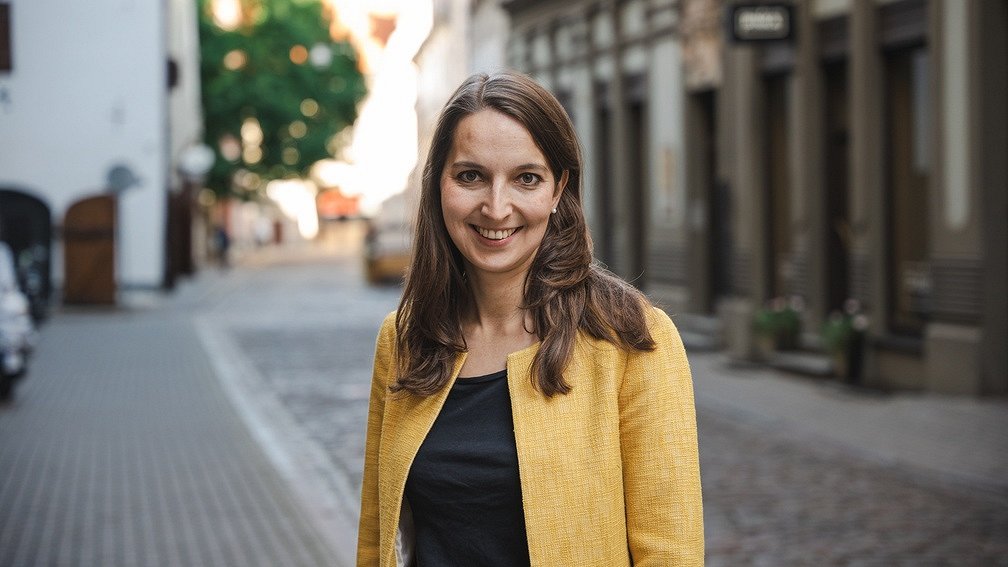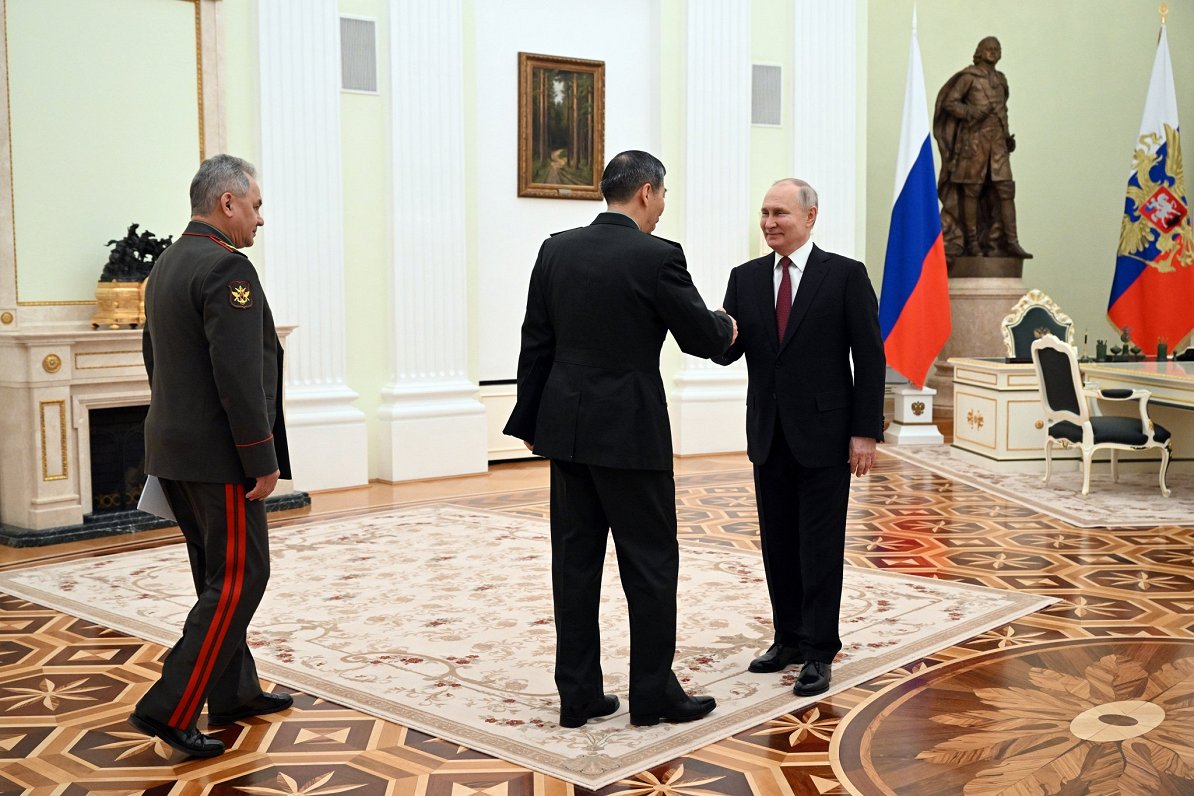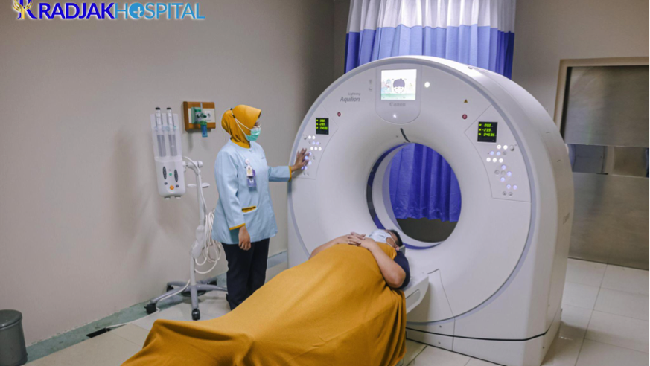China is getting closer to Russia
This week, Chinese Defense Minister General Li Shanfu is visiting Moscow, meeting with all Russian defense leaders, including Vladimir Putin. Unfortunately, it looks like Russia and China are getting closer militarily.
Chinese Defense Minister Li Shanfu met with Russian President Vladimir Putin and Defense Minister Sergei Shoigu during his visit to Moscow
Photo: EPA, PAVEL BEDNYAKOV
“There is a pull towards it. There is a pull towards the fact that China will get more and more involved in the war and materially help Russia.
Already a couple of months ago, it looked like such decisions were made – to help China with war materials for Russia. If that decision had already been made, it looks like there are now more and more talks about it,” Bērziņa admitted.
Expert Kristine Bērzina’s column in the program “Fuse”

Security policy expert Kristīne Bērziņa.
Photo: Toms Šics / Latvian Radio
Kristīne Bērziņa, an expert on security policy and a researcher at the Marshall Fund in Washington, will highlight the most important events of the week in the context of the world and Latvia, as well as those that may have been missed in the mass of information, as well as give a comment on why they are important and what impact could be caused.
At the moment, it remains to be seen how serious China will give Russia help and how the West will react to it, especially countries like Germany, which are heavily dependent on Chinese exports.
“Obviously, this is not good news. If you think about who in the world has benefited from the war in Ukraine, in a sense China has benefited the most, because the previous big brother Russia now remains the little brother, China has more power over your neighbor.
And China, if it tries to compete with the West now, if the West has economic difficulties, if it fights and tries to help Ukraine, then in a sense the West remains dirtier and less attention is paid to China, which is good for it,” Bērziņa admitted.
Among the Western allies, deciding on the right path on the China issue will be difficult, since the economic problems of many countries are already caused by the introduction of sanctions against Russia. Taking similar steps against China will not be easy.
“It will be difficult among allies to figure out the right path. What will be the reaction, let’s say, to a minimum [Ķīnas] help [Krievijai]or a lot of help, and how China will try to bend and against the possible reactions from the West – we will see all that now,” Bērziņa concluded.
Meanwhile, European visits to China continue
While French President Emmanuel Macron’s visit to China was widely criticized, German Foreign Minister Annalene Burbock has also visited China during this time, and during her visit she took a different position on the issues of Taiwan and Ukraine, and was highly praised for it.
“There is a difference between the policies of Macron and the German Green Party. It would be difficult to say that now Germany has one policy and France another, but it is about politicians and political parties and the positions of the parties. Annalene Burbock has strong principles, with human rights and such a strict point of view since the previous German elections, when she was the Green Party’s candidate for the position of chancellor,” explained Bērziņa.
Therefore, it is not surprising that the position of the politician was stricter in the negotiations with China, contrary to Macron.
“The difference between Macron in this case is that he wants to be decisive in the peace talks and the future of Europe, but for him maybe the small supports are not quite as important as the big ones. The Green Party in Germany has a completely different position. I emphasize the issue of the Green Party because it The views of all parties are not represented in Germany, and if Chancellor Scholtz had visited China himself, then perhaps the picture would not be so bright,” Bērziņa assessed.
In Germany’s domestic politics, there has been friction between the Green Party, whose stance on Russia and China is extremely strict, and the Social Democratic Party of Germany (SPD), which has long had very good relations with Russia and the socialist powers.
“At the same time, the picture is not only Macron or only Burbock, the truth is somewhere in the middle. And the outcome of the Ukraine issues is something that both Burbock and Macron’s people could agree on, some kind of middle ground. Sometimes it’s more on Burbock’s side, sometimes it’s more on Macron’s side , but in the last year our strong position against authoritarian countries has been the most important position in Europe.
Russia’s aggression and also China’s bad behavior means that even countries that don’t want it have to take a very hard look at Russia’s and increasingly China’s behavior.
And Berbock’s voice is therefore particularly important, even though it does not represent all of Germany or even the entire German government,” Berziņa emphasized.
The rest of Asia is moving closer to NATO
The Japanese foreign minister has given very serious signals about Japan’s rapprochement with NATO and confirmed that this is the desired direction of the country.
“NATO has cooperation with four Asian countries – Japan, South Korea, Australia and New Zealand. With the four countries, not as a bloc together, but bilateral NATO relations with each country. And with each country, there is a slightly different path and seriousness in cooperation and friendship. For Japan, of course , has an extremely strong interest in cooperating with NATO on security issues.
And Russia, of course, notices that Japan, which is also Russia’s neighbor, does not behave very favorably towards Russia. We saw that immediately after the Japanese visit to Ukraine, there was a sudden exercise of the Russian fleet in the Pacific Ocean, and right after that the Chinese defense minister also visited Moscow,” Berziņa explained.
It may seem that the Pacific Ocean and Ukraine are something very far from each other, but Russia and China have Japan as a neighbor with which they have very complicated security relations, so it is only natural that Japan is currently looking for friends in NATO.
In addition, it is possible that other Asian countries will follow Japan’s example. At the moment, as the NATO summit in Vilnius approaches this summer, there are already talks about what NATO’s cooperation with these four Asian countries could look like.
Military training in Sweden
Meanwhile, impressive military exercises have been held in Sweden, and previously such large-scale military exercises were held only 25 years ago.
“This means that we can consider Sweden as a NATO country, and with these lessons, Sweden is saying – bye, bye, we are not so much outside, we are already here and we will be soon, and even if all the papers are not in order , this does not mean that we are not a strong, allied country in the Baltic Sea area,” Bērziņa assessed.
This is also evidenced by the fact that, together with the Swedish armed forces, a large amount of military equipment from NATO countries participated in the exercise.
“We should not consider Sweden as some kind of Switzerland in the Baltic Sea region, but a future or almost a NATO member state.
This means that if something serious happens, Sweden can be counted on to step in and help other countries in the region, rather than sitting behind its non-NATO wall and waiting. This is extremely important for the security of Latvia and the security of the region, and it is also a strong signal to send to Russia that maybe the papers are not all sorted out yet, but actually Sweden is already on NATO’s side, and NATO can rely on Sweden,” he emphasized. Berzina.


